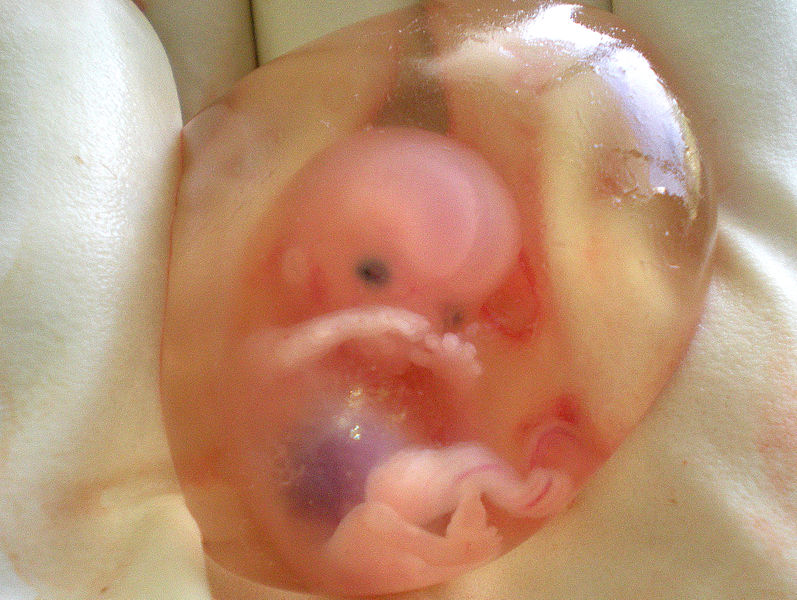“And kill not your children for fear of poverty. We provide for them and for you. Surely, the killing of them is a great sin.” The Noble Qur’an Al-Israa 17:31
All major world religions, including Islam, Christianity, Judaism and Hinduism, share the same attitude towards abortion. The artificial termination of a pregnancy, except for cases when the life of the mother is threatened, is determined by most religious systems as a murder and a great sin.
The Qur’an mentions that abortion is intolerable
Abortion after the 40th day of pregnancy is a sin in the face of Allah, as well as a crime that is punishable by state law. Islamic religious thinkers permit exceptions only in cases when the pregnancy threatens the health and life of the mother.
In all other cases, Islam bans abortion
An abortion that is performed after the embryo gets formed and is given a soul is considered a ‘haraam’ – something strictly forbidden, a sin. Abortion is considered a crime against a human being.
If a person is found guilty of having or performing an abortion, the person is to be subjected to a trial. The punishment is the payment of diya or blood money. The payment will be 1/10 of what a murderer will be forced to pay.
Islamic thinkers have difficulties reaching an agreement about an abortion that takes place before the 40th day of pregnancy. In general, the act is considered a sin, but notions remain slightly vague.
Whenever an abortion takes place, religious authorities prosecute all parties involved – the mother, the father and the doctor who performed the manipulation.
The four legal schools of Sunni Islam give the fetus some rights.
According to all of them, a fetus that has already been given a soul has the right to be born and to live, to inherit possessions and to be buried.
Shia Islam has clear rules concerning the death of a pregnant woman. When this happens, the fetus needs to be taken out so that its life is saved. If the pregnant woman has been sentenced to death, the execution is postponed to the period after the child is born.
Still-born or miscarried children are given a name and buried in accordance with all Islamic funeral traditions.
 In fact, the Qur’an states nowhere that abortion is a form of murder.
In fact, the Qur’an states nowhere that abortion is a form of murder.
Abortion is permitted each time that a competent medical expert decides that the mother could be endangered if the pregnancy continues. The Qur’an states that a mother should never suffer while she is carrying a child. In such instances, abortion is considered a mere medical procedure.
Today, many Islamic countries are trying to reform their laws so that women are given the right to have an abortion legally and under strict medical supervision. These efforts have produced reforms in the two countries. Six other countries have permitted abortion on the basis of medical reasons. In three other Islamic countries, abortion is permitted if a woman has experienced rape or if the fetus is malformed.
Still, numerous social factors make it difficult for women to have an abortion without being scorned. Often times, such women experience social banishment and even forms of socially-imposed punishment.
Sources:
Bbc.co.uk, Islamic Teachings on Abortion
Society for the Protection of Unborn Children, Islam and Abortion
Islamonline.net, Abortion from an Islamic Perspective






